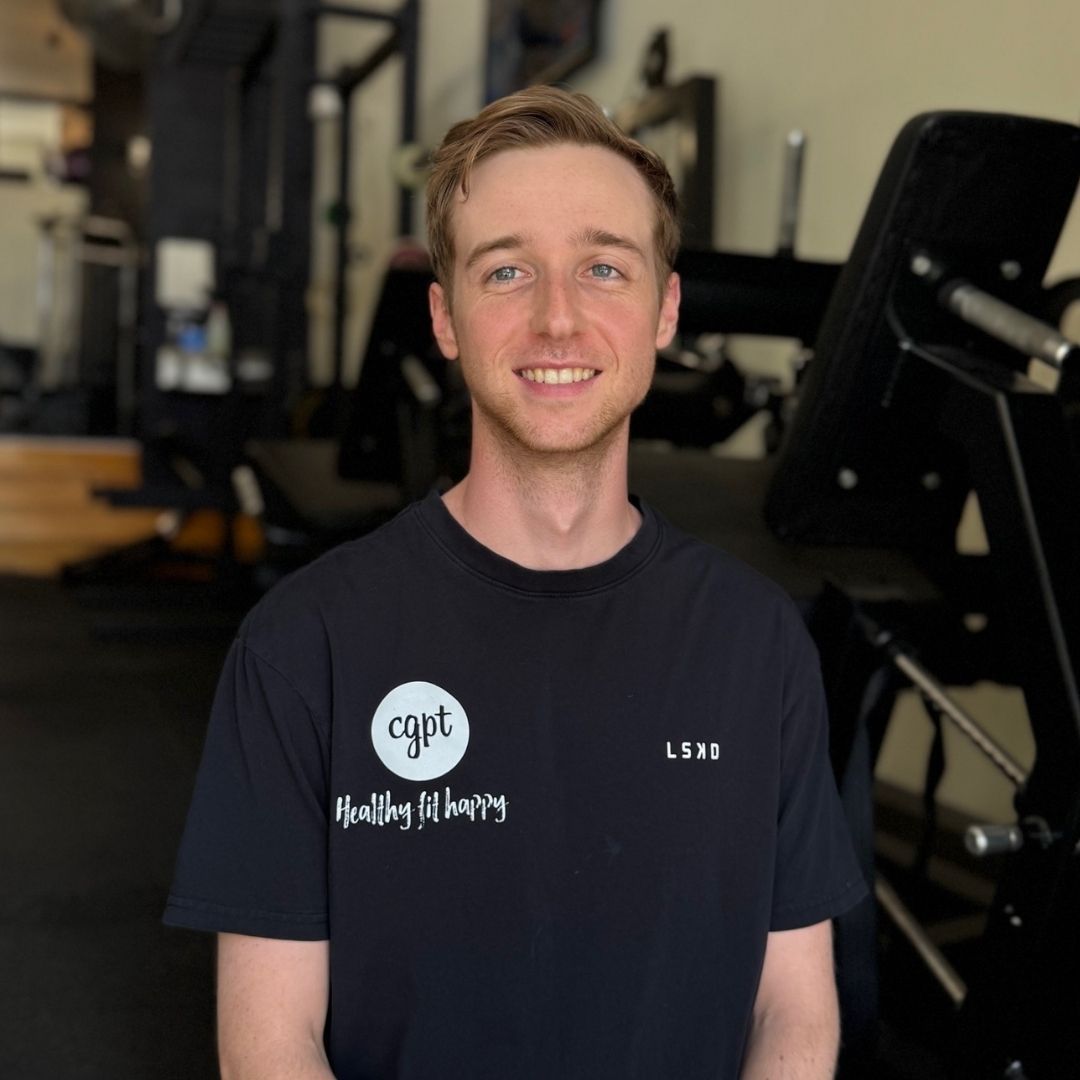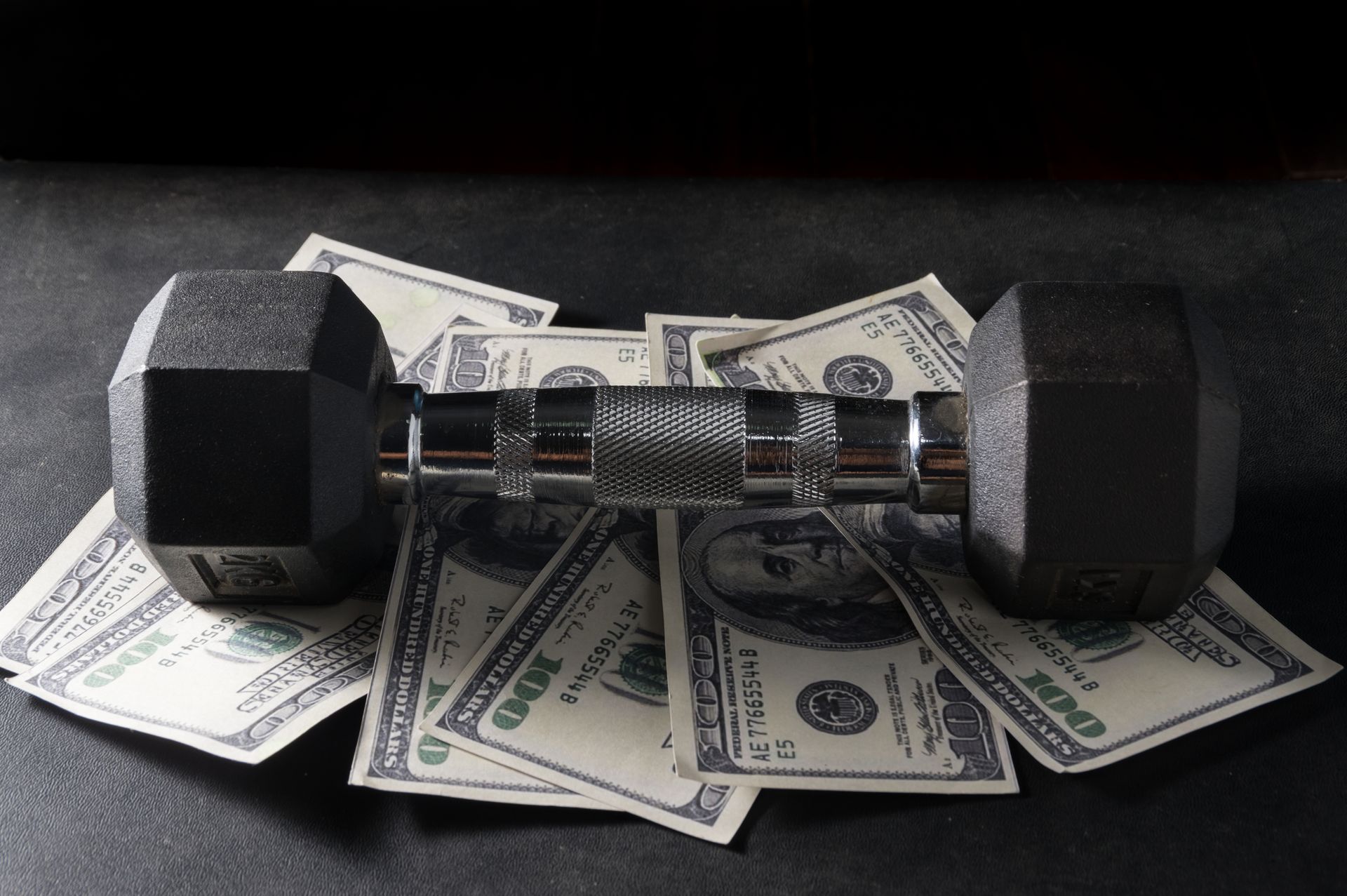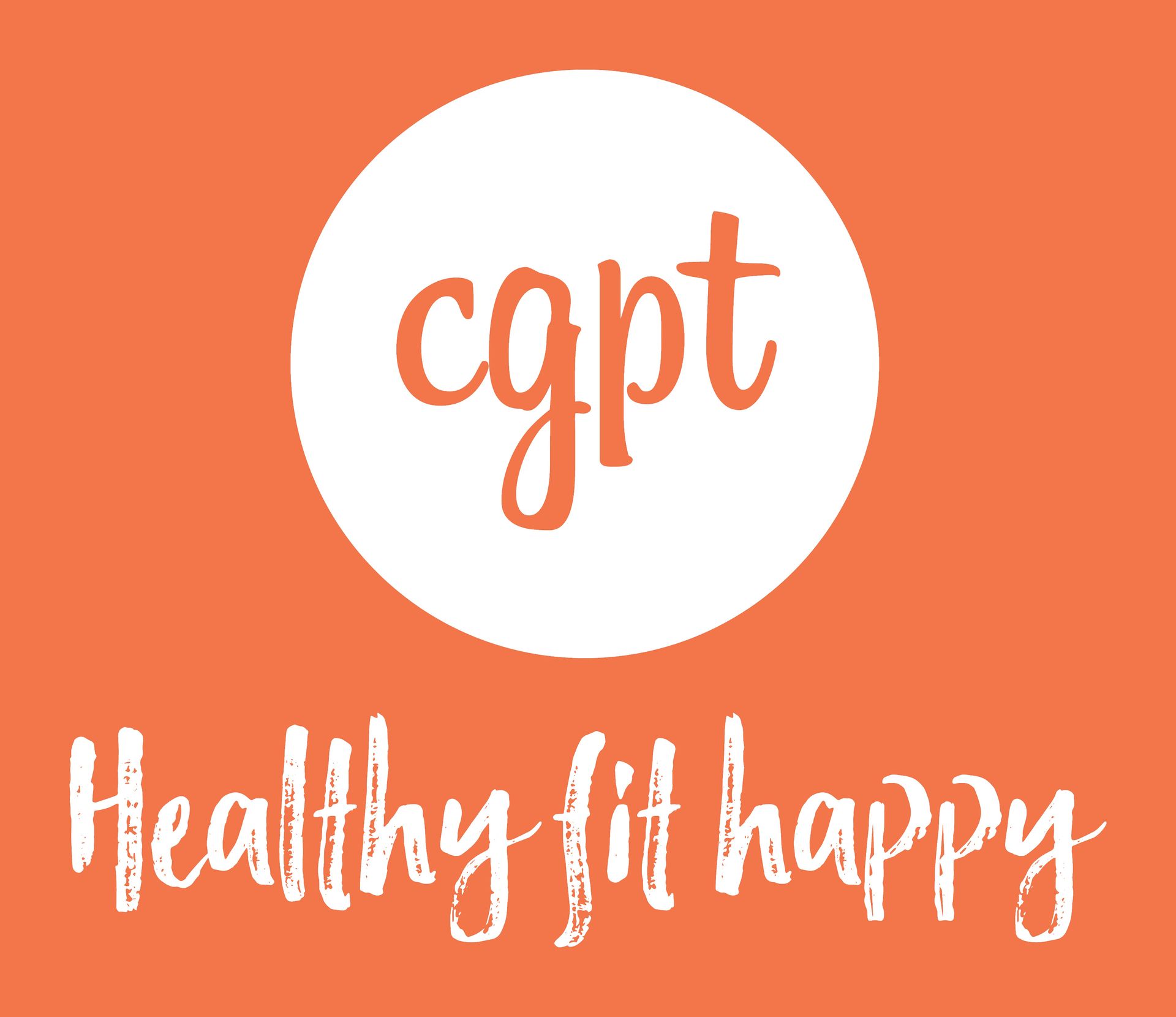Should You Eat Before the Gym? The Ultimate Guide to Pre-Workout Nutrition
Should You Eat Before the Gym? The Ultimate Guide to Pre-Workout Nutrition
If you’ve ever found yourself halfway through a training session wondering why you feel sluggish, light-headed or just not firing on all cylinders, there’s a good chance the issue isn’t your workout - it’s your fuel.
At CGPT, we hear this question from clients almost daily: "Should I eat before I train?" The short answer? Yes, in most cases. But like all things in fitness, the longer answer depends on your goals, training time, and how your body responds to food.
Let’s unpack when and why pre-workout nutrition matters, who benefits most from eating before a session, what to eat, and when to eat it - backed by credible scientific evidence.
Why Pre-Workout Nutrition Matters
Think of your body like a car. You wouldn’t set off on a long drive without fuel in the tank—training is no different. Carbohydrates are the body's preferred energy source, particularly for high-intensity and resistance-based training. Meanwhile, protein helps preserve and repair muscle tissue, especially when you’re working hard in the gym.
When you train in a fasted state (i.e., without eating beforehand), your body has limited available glucose in the bloodstream and will begin to break down stored glycogen or even muscle protein to keep you going. While this might sound appealing to those chasing fat loss, it can actually impair performance and muscle retention if done too often or without strategy.
A 2020 study published in Nutrients found that fasted resistance training did not enhance fat loss more than fed training, but did increase muscle protein breakdown, potentially limiting strength and hypertrophy gains over time (Schoenfeld et al., 2020).
When You Should Eat Before Training
Here are four situations where eating before your workout can make a real difference:
1. You’re Training Early in the Morning
If it’s been 6–10 hours (or longer) since your last meal, your blood glucose is likely low. Training without food can result in fatigue, dizziness or reduced power output. Even a small snack can help increase energy availability and improve workout performance.
2. You’re Focused on Muscle Growth and Performance
To build muscle, you need to train with intensity and volume. Carbs help you lift heavier, push harder and recover faster. A pre-workout meal can also help maximise muscle protein synthesis, especially when paired with post-workout protein (Tipton et al., 2001).
3. You Feel Weak or Dizzy When Training Fasted
Some people thrive on fasted training - but many don’t. If you consistently feel sluggish, light-headed or like you’re “hitting a wall” halfway through your workout, try adding a pre-workout snack. It can make a major difference to your focus, stamina and mood.
4. You’re in a Calorie Surplus or Want to Maximise Recovery
If your goal is muscle gain, then fuelling up before a session is essential. You'll not only lift better but create a stronger anabolic environment for muscle repair and growth. Plus, you’ll minimise the risk of muscle catabolism during hard sessions.
When You Can Probably Skip It
There are some cases where fasted training may be appropriate, such as:
· You’re doing low-intensity cardio (e.g., walking or light cycling)
· You feel better training on an empty stomach
· You’re short on time and plan to eat a solid meal after training
· You’re tracking macros and prefer to “save” calories for later in the day
In these situations, the key is to ensure your overall daily nutrition supports your training volume, recovery and long-term goals. Fasted doesn’t mean under-fuelled.
What to Eat Before the Gym
Not all foods are created equal when it comes to training. You want a combination of easy-to-digest carbohydrates and lean protein, ideally low in fat and fibre to avoid stomach upset.
The Best Pre-Workout Snacks and Meals
· Banana with peanut butter
Quick energy + a touch of healthy fat for satiety
· Protein smoothie with oats, berries and protein powder
Easy on the gut and customisable to your goals
· Rice cakes with eggs or cottage cheese
Simple carbs + protein = sustained energy
· Greek yoghurt with honey and oats
Great for morning sessions or when appetite is low
What to Avoid
· High-fat meals (e.g., bacon and eggs, creamy dishes)
· High-fibre meals (e.g., lentils, raw veggies)
· Greasy or fried foods
These foods slow digestion and can leave you feeling sluggish or nauseous mid-set.
When Should You Eat Before the Gym?
Timing matters just as much as food choice. Here’s a simple guide:
1–2 Hours Before: Full Meal
Go for a proper plate of food with complex carbs, protein and a little fat. This gives your body time to digest and convert food into usable energy.
Example: grilled chicken, sweet potato, and vegetables.
30–45 Minutes Before: Light Snack
Stick to something small and mostly carbohydrate-based, with a touch of protein. Avoid anything too heavy.
Example: a banana and a scoop of protein powder mixed with water.
What the Science Says
· A 2023 meta-analysis published in Sports Medicine confirmed that pre-exercise carbohydrate ingestion significantly improved both strength and endurance performance compared to fasted training (Jeacocke et al., 2023).
· Australian Institute of Sport (AIS) guidelines also recommend carbohydrate-rich meals 1–4 hours before training, especially for athletes seeking to optimise high-intensity performance and recovery (AIS, 2020).
· A 2021 study from the Journal of the International Society of Sports Nutrition found that combining protein and carbohydrate before training resulted in improved strength gains compared to carbohydrate alone (Aragon & Schoenfeld, 2021).
Still Not Sure What Works for You?
Every body is different. Some people train better fasted. Others need fuel to function. That’s where our personalised approach at CGPT comes in.
We’ll help you test, track and adjust your pre-workout nutrition so it suits your goals, lifestyle and energy needs. Whether your focus is fat loss, muscle gain, athletic performance or general health, we’ll help you find your sweet spot.
And remember: no one gets it perfect every time. The goal is consistency over time - not perfection in every meal.
Final Thoughts
Pre-workout nutrition isn’t just about “should you eat before training” - it’s about what to eat, when, and why. Fuelling your body strategically can make a significant difference to how you perform in the gym and how you recover afterwards.
At CGPT, we believe in training smart - not just hard. So if you’re ready to dial in your training, nutrition and recovery, we’re here to guide you every step of the way.
Got questions? Chat to your CGPT trainer during your next session. We’re here to help you get the most out of every rep, every set, and every bite.
Want to know more about training at CGPT? Email andrea@chrisgympt.com today!
References
Aragon, A.A. & Schoenfeld, B.J. (2021). Nutrient timing revisited: is there a post-exercise anabolic window? Journal of the International Society of Sports Nutrition, 18(1), 1-19. https://doi.org/10.1186/s12970-021-00410-x
Australian Institute of Sport (AIS). (2020). AIS Sports Nutrition Framework: Fueling Peak Performance. Canberra, Australia. Retrieved from https://www.ais.gov.au/nutrition
Jeacocke, N.A., Cochran, A.J.R., & Burke, L.M. (2023). The Role of Carbohydrate Ingestion in Resistance Exercise Performance: A Meta-Analysis. Sports Medicine, 53(3), 455–474. https://doi.org/10.1007/s40279-022-01768-z
Schoenfeld, B.J., Aragon, A.A., Krieger, J.W. (2020). Effects of meal timing on weight loss and weight loss maintenance: a meta-analysis. Nutrients, 12(2), 479. https://doi.org/10.3390/nu12020479
Tipton, K.D., Rasmussen, B.B., Miller, S.L., Wolf, S.E., Owens-Stovall, S.K., Petrini, B.E., & Wolfe, R.R. (2001). Timing of amino acid-carbohydrate ingestion alters anabolic response of muscle to resistance exercise. American Journal of Physiology-Endocrinology and Metabolism, 281(2), E197–E206. https://doi.org/10.1152/ajpendo.2001.281.2.E197




